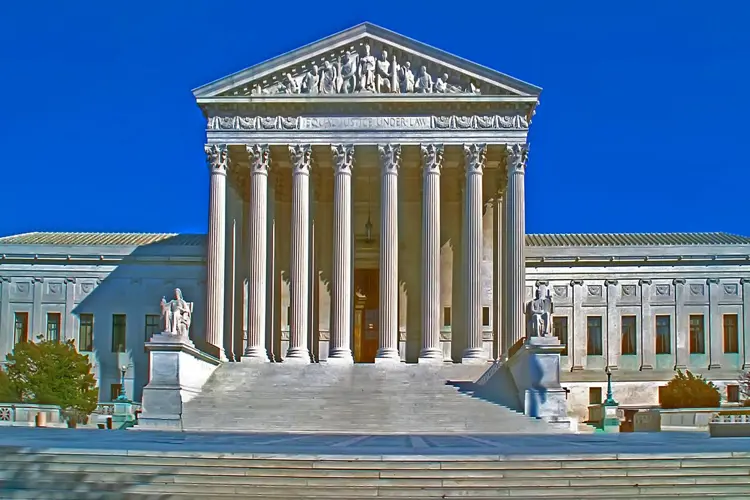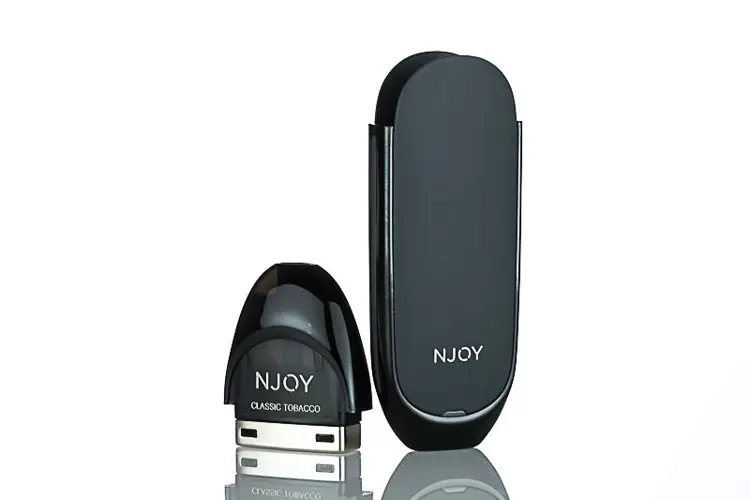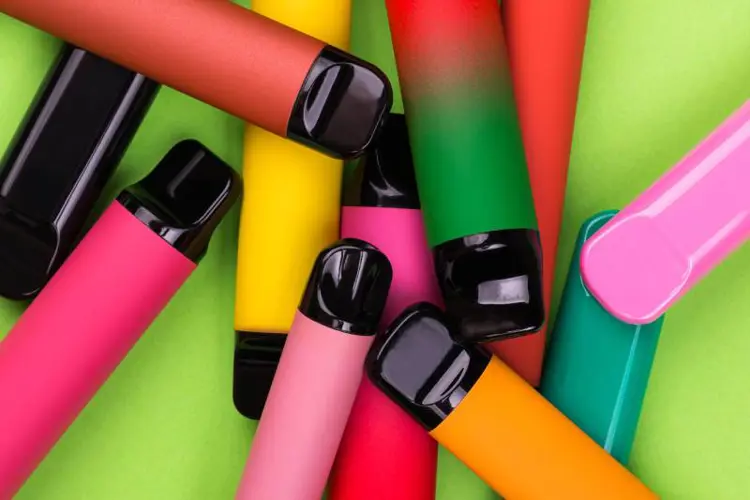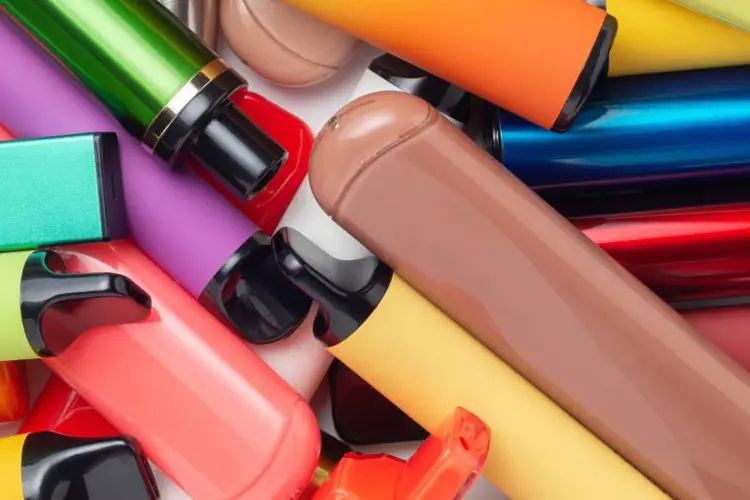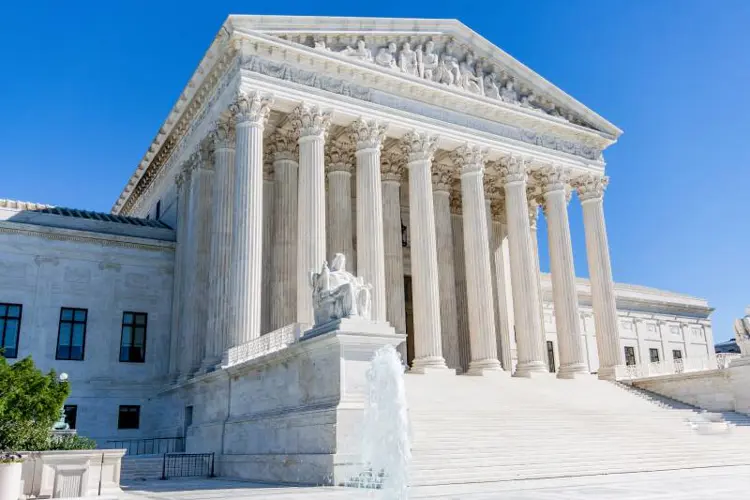Moving company U-Haul will soon implement a hiring policy that discriminates against applicants who use nicotine in any form. According to the company, the policy “furthers the progression of U-Haul to establish one of the healthiest corporate cultures in the U.S. and Canada.” The policy will go into effect Feb. 1 for new hires, but will not apply to current employees.
Since typical nicotine testing can’t distinguish how the drug was absorbed, such policies can never draw a line between users of the most dangerous product—cigarettes—and users of products that have not been proven to cause any harm, like e-cigarettes that are frequently used as vapes to stop smoking. Because everyone takes the same blood or urine test, the company can’t know which product has been used.
But unlike other employers that have generally directed such policies toward applicants (or employees) who smoke cigarettes—likely a legitimate driver of medical and payroll costs—U-Haul is intentionally including vapers in its policy. The policy will also affect users of other low-risk nicotine products, including snus and other smokeless tobacco, and even pharmaceutical nicotine products like nicotine gum. The company calls it a nicotine-free hiring policy.
“We are deeply invested in the well-being of our Team Members,” said U-Haul chief of staff Jessica Lopez. “Nicotine products are addictive and pose a variety of serious health risks. This policy is a responsible step in fostering a culture of wellness at U-Haul, with the goal of helping our Team Members on their health journey.”
There is very little evidence that non-combustible nicotine products cause any harm to users, let alone a “variety of health risks.” (In fact, the only proven effects of nicotine without combustion are positive ones.) Studies have repeatedly shown that Swedish snus users do not have measurably higher risk of “tobacco-related” disease than the general population. Smoking, however, causes a great deal of proven harm to users, including heart disease, cancer, and a variety of lung diseases and conditions.
The U-Haul policy will apply in 21 states (see list below), none of which protects nicotine users from employment discrimination. Another 29 states and the District of Columbia have so-called “smoker protection laws” that (mostly) prevent employers from hiring discrimination based on smoking—or sometimes from other legal activities engaged in away from the work site.
Those laws were passed after the early waves of anti-smoker sentiment that followed second hand smoking studies in the late 1980s. In some of the 29 states, there are exceptions (hospitals, for example), but for most jobs, applicants and employees who use nicotine away from the workplace are protected.
These are the 21 states that do not protect nicotine users from discrimination:
- Alabama
- Alaska
- Arizona
- Arkansas
- Delaware
- Florida
- Georgia
- Hawaii
- Idaho
- Iowa
- Kansas
- Maryland
- Massachusetts
- Michigan
- Nebraska
- Ohio
- Pennsylvania
- Texas
- Utah
- Vermont
- Washington
Surprisingly, along with the expected praise from anti-tobacco activists, U-Haul’s announcement has gotten a lot of negative reaction too. Aside from the vapers and others (including Drug Policy Alliance founder and vaping advocate Ethan Nadelmann) who made the Twitter hashtag #BoycottUHaul a hit for a couple days, a variety of publications have examined the problems with employment discrimination for offsite behavior.
The policy earned a scolding editorial from the resolutely anti-smoking/anti-vaping Los Angeles Times. “U-Haul should revoke this discriminatory policy and go back to promoting its workers’ health in a positive manner,” the paper’s editorial board wrote.
“A better way to increase employee ‘wellness’ is to simply provide stellar health insurance and understand that your workers are human beings who will sometimes, for complicated reasons, make choices that are bad for them,” wrote Shannon Palus in Slate.
The American Civil Liberties Union opposes such “lifestyle discrimination” laws too. “Virtually every lifestyle choice we make has some health-related consequence,” says the ACLU website. “Where do we draw the line as to what an employer can regulate? Should an employer be able to forbid an employee from going skiing? or riding a bicycle? or sunbathing on a Saturday afternoon? All of these activities entail a health risk.”
“The ban on nicotine means that U-Haul also won’t hire anyone who vapes,” wrote the New York Post’s Karol Markowicz. “Vaping has become a popular technique for many to quit smoking. If the concern is for the employee, the inclusion of vaping makes no sense.”
Markowicz neatly summed up the objections of vapers and everyone else who found the U-Haul policy discriminatory and mean. “U-Haul isn’t doing anything illegal,” she wrote, “but it’s still doing something wrong.”
The Freemax REXA PRO and REXA SMART are highly advanced pod vapes, offering seemingly endless features, beautiful touchscreens, and new DUOMAX pods.
The OXVA XLIM Pro 2 DNA is powered by a custom-made Evolv DNA chipset, offering a Replay function and dry hit protection. Read our review to find out more.
The SKE Bar is a 2 mL replaceable pod vape with a 500 mAh battery, a 1.2-ohm mesh coil, and 35 flavors to choose from in 2% nicotine.
Because of declining cigarette sales, state governments in the U.S. and countries around the world are looking to vapor products as a new source of tax revenue.
The legal age to buy e-cigarettes and other vaping products varies around the world. The United States recently changed the legal minimum sales age to 21.
A list of vaping product flavor bans and online sales bans in the United States, and sales and possession bans in other countries.







